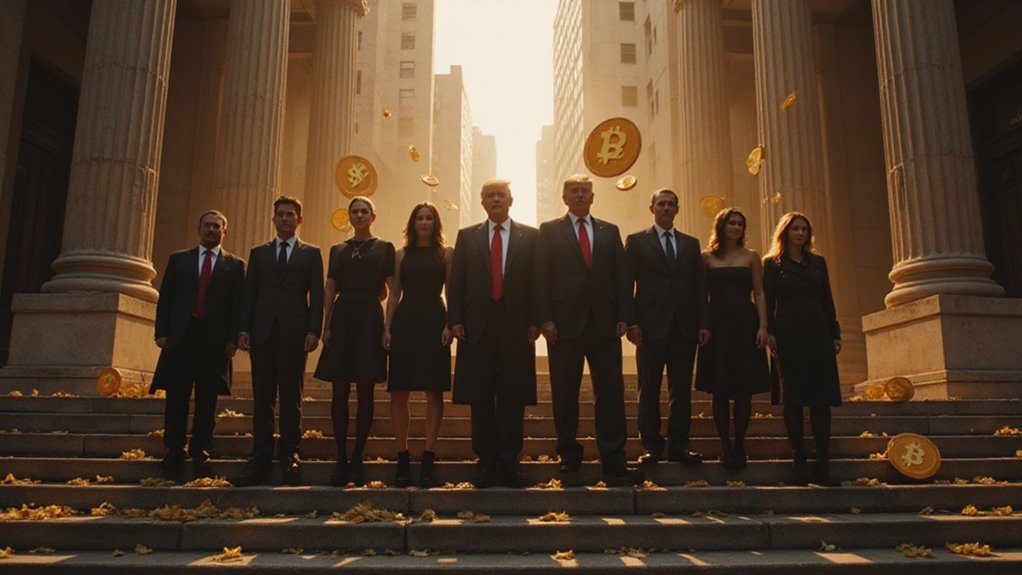The Financial Conduct Authority’s decision to lift its ban on crypto exchange-traded notes for retail investors represents a remarkable about-face from the regulator that once dismissed digital assets as unsuitable for ordinary punters—a stance that now appears as quaint as warnings about the dangers of horseless carriages.
This regulatory volte-face, prompted by crypto ownership surging from 18% to 24% between 2024 and 2025, acknowledges what market participants have long suspected: the FCA’s 2019 ban was less about protecting consumers than preserving regulatory dignity in the face of an asset class that defied traditional categorization.
The irony, of course, is that while Britons were barred from accessing structured crypto products, they cheerfully plunged headfirst into direct cryptocurrency purchases—precisely the behaviour the ban ostensibly sought to prevent.
The new framework mandates that ETNs secure listings on recognized exchanges like the London Stock Exchange, accompanied by thorough risk disclosures that would make pharmaceutical advertisements blush. Financial promotion rules will ensure appropriate risk information reaches consumers while preventing unsuitable marketing incentives.
Yet the FCA maintains its curious prohibition on crypto derivatives for retail investors, creating a regulatory landscape where one can access Bitcoin through debt instruments but not through options—a distinction that would perplex even seasoned compliance officers.
ETNs, being debt instruments tied to digital asset prices rather than direct holdings, eliminate custody risks while providing structured exposure to crypto markets. European exchanges like CoinMate.io have demonstrated how regulatory compliance can coexist with competitive trading fees ranging from 0.07% to 0.35%. The original ban was imposed in January 2021 due to concerns over the volatility and complexity of these digital assets.
This appeals to investors seeking cryptocurrency exposure without exploring the byzantine world of digital wallets and private keys—though one might question whether complexity reduction truly occurs when layering structured products atop an already complex asset class.
The UK’s alignment with US and EU regulatory approaches signals a broader recognition that crypto markets have evolved beyond their Wild West origins.
With the framework balancing market growth against consumer protection, the FCA appears determined to position Britain as a global crypto hub—though whether this represents genuine innovation or merely catching up to regulatory peers remains debatable.
As retail investors prepare to plunge into this newly accessible market, the FCA’s transformation from crypto skeptic to cautious enabler illustrates how quickly regulatory orthodoxy can crumble when faced with persistent market demand and international competitive pressure.









